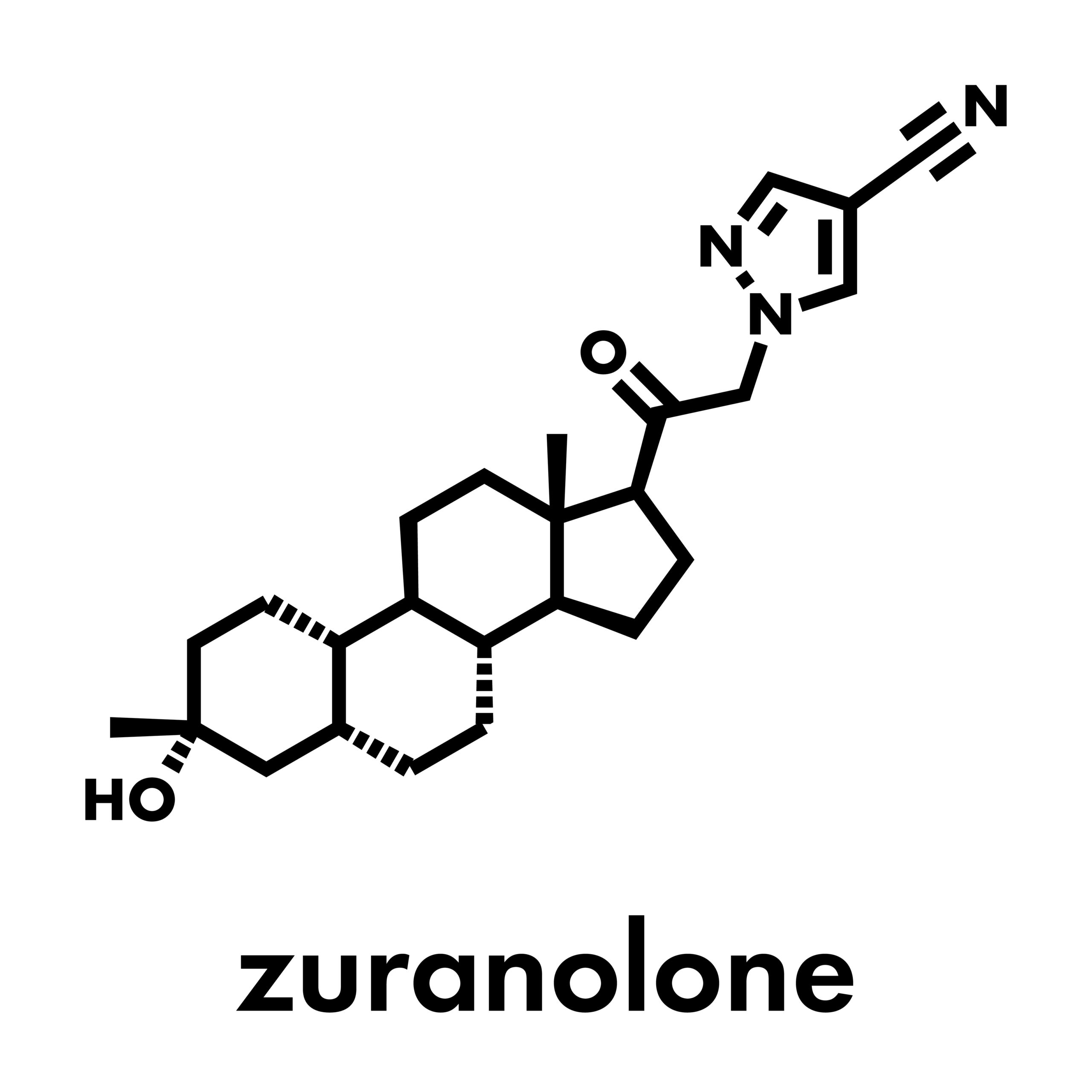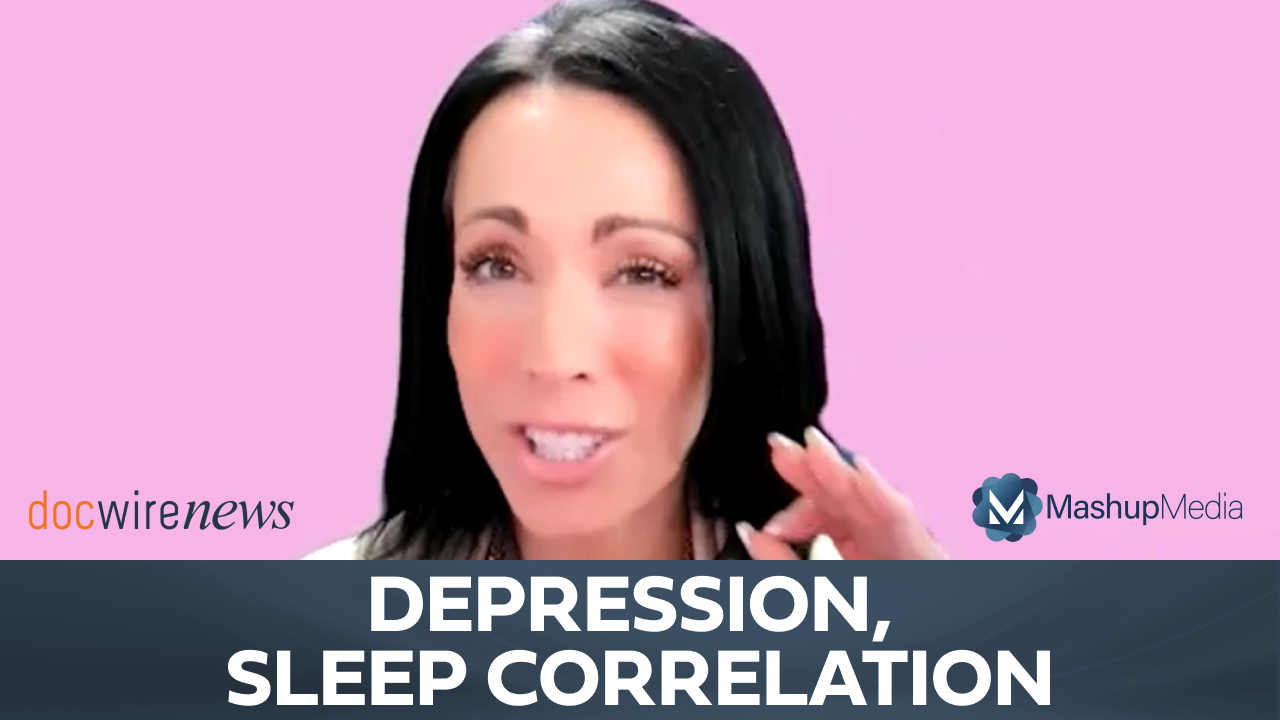
In women with postpartum depression, treatment with zuranolone improved depression and anxiety symptoms and potentially induced positive effects on insomnia symptoms and patients’ perception of their functional health. These findings were based on the ROBIN trial, and data were published in the Journal of Clinical Psychiatry.
The ROBIN trial was a phase 3, double-blind, randomized, placebo-controlled clinical trial conducted from January 2017 to December 2018. The study enrolled 153 women who were: aged 18 to 45 years, ≤6 months postpartum, had onset of a major depressive episode in the third trimester or ≤4 weeks postpartum, and had a baseline score of ≥26 on the 17-item Hamilton Depression Rating Scale (HDRS-17).
Zuranolone Appears to Improve Insomnia in Postpartum Depression
After randomization, 77 women received zuranolone 30 mg and 76 received a placebo once-daily for 14 days with follow-up through day 45. The primary end points of exploratory analyses were concurrent remission of depressive and anxiety symptoms, improvement in insomnia symptoms, patient-perceived functional health, and treatment effect size via number needed to treat (NNT).
Investigators defined remission as a Hamilton Anxiety Rating Scale total score ≤7 and either a HDRS-17 total score ≤7 or Montgomery-Asberg Depression Rating Scale total score ≤10. Sustained remission was defined as treatment success on both days 15 and 45.
According to the report, zuranolone showed greater rates for concurrent remission of depressive and anxiety symptoms compared with placebo on days 3, 15, and 45 (P<.05). Additionally, zuranolone had a higher rate of sustained concurrent remission versus placebo (P<.05). Furthermore, patients who received zuranolone had greater improvements in the HDRS-17 anxiety/somatization subscale and Edinburgh Postnatal Depression Scale anxiety subscale compared with placebo from day 3 through day 45.
The authors noted possible improvements in insomnia and perceived functional health were observed, but did not further describe them. Lastly, the NNT for both HDRS-17 response and concurrent remission on day 15 was 5 patients with postpartum depression.
Ultimately, “zuranolone was associated with concurrent improvements in depressive and anxiety symptoms, with beneficial effects on insomnia symptoms and patient-perceived functional health in adults with postpartum depression,” the report summarized.







 © 2025 Mashup Media, LLC, a Formedics Property. All Rights Reserved.
© 2025 Mashup Media, LLC, a Formedics Property. All Rights Reserved.